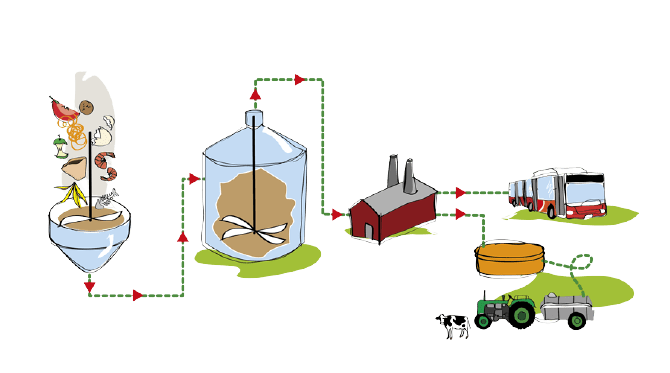Advantages and Disadvantages of Biogas?
What is BIO GAS?
Biogas is a natural, renewable fuel that can be used in place of fossil fuels like coal and oil. It is produced by the breakdown of organic matter like plant material or manure that’s left behind after harvesting crops.
Biogas is a renewable source of energy that is produced by the decomposition of organic matter in anaerobic conditions.
Advantages of Biogas:
- Biogas is a clean source of energy that does not produce any harmful byproducts.
- It can be used as the main energy source for cooking in rural areas and developing countries with no access to electricity or natural gas.
- It has a low-carbon footprint because it only emits greenhouse gases.
- Biogas has an efficient carbon capture system because it captures about 90% of the CO2 released during combustion before it leaves the plant site and is converted into either biochar or fertilizer for crops to use in their fields.
- The process of turning waste into energy produces less greenhouse gas emissions than burning fossil fuels.
- Biogas is often cheaper.
- Biogas can be used as a fuel source for domestic cooking or heating applications.
- When biogas is burned, it produces fewer pollutants than other forms of fossil fuels because there are no unburned hydrocarbons and carbon monoxide emissions.
Disadvantages of Biogas:
- Biogas cannot be used as fuel for vehicles.
- Biogas is not available everywhere and has to be generated through natural processes which are resource-intensive.
- Biogas has an extremely low calorific value (approximately 5 MJ/kg).
- It can emit methane.
- There are many other health risks associated with biogas production including exposure to bacteria or fungal infections.



